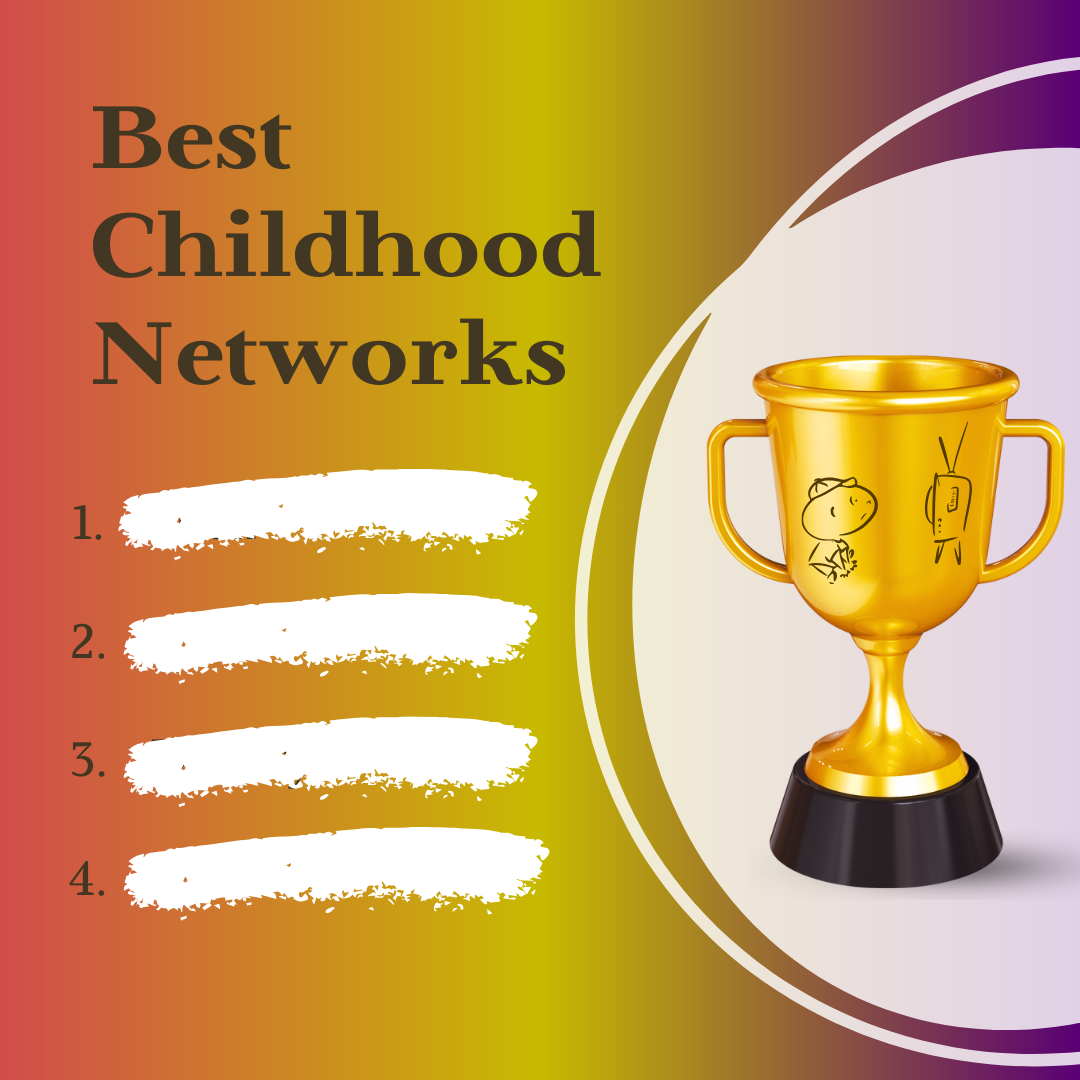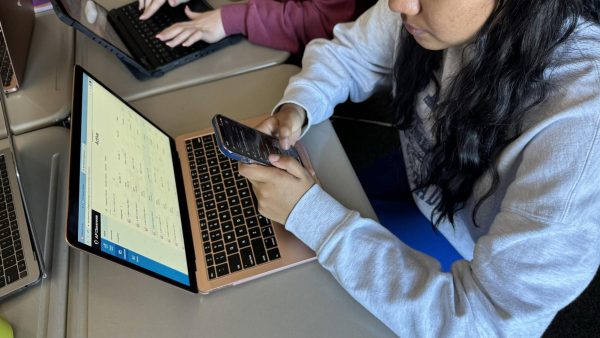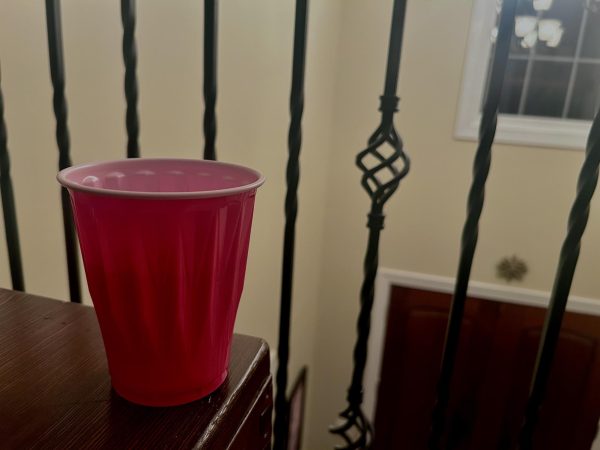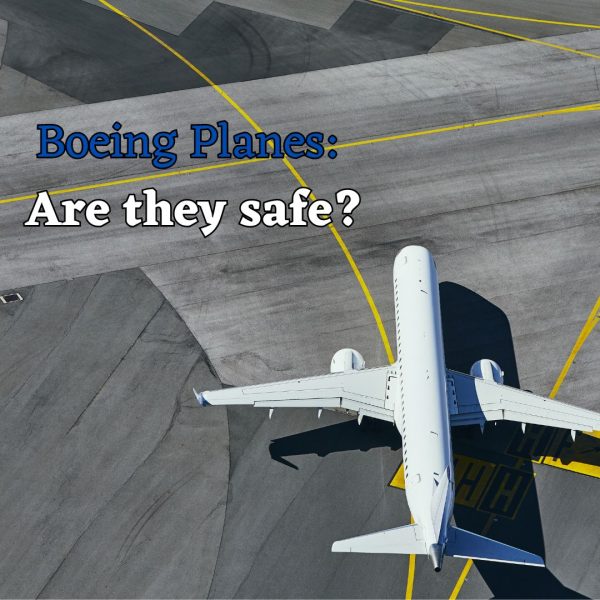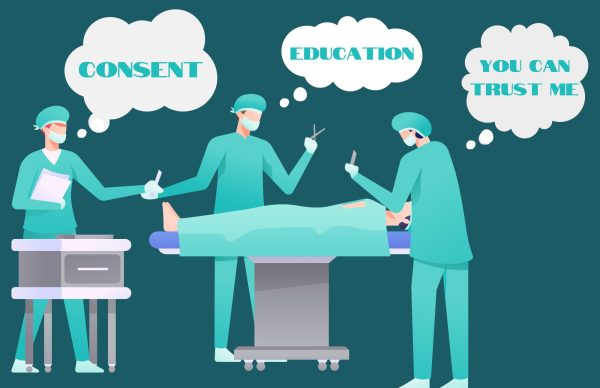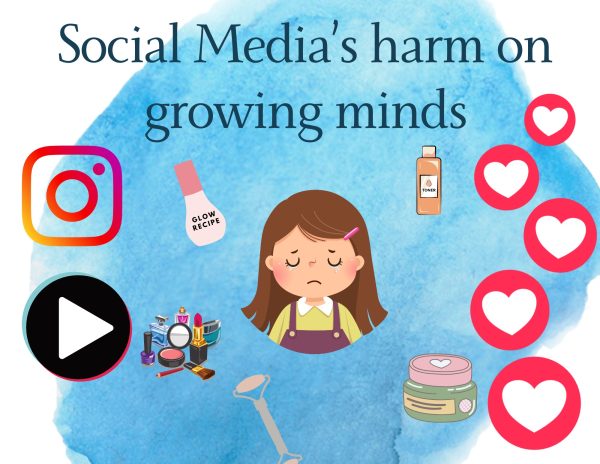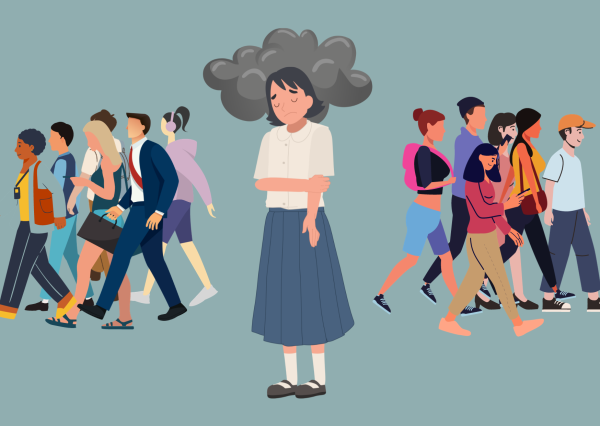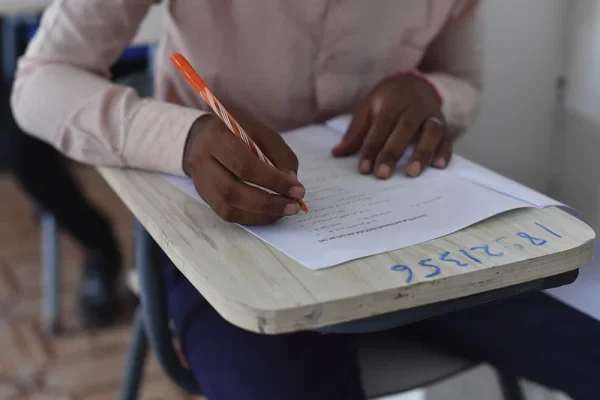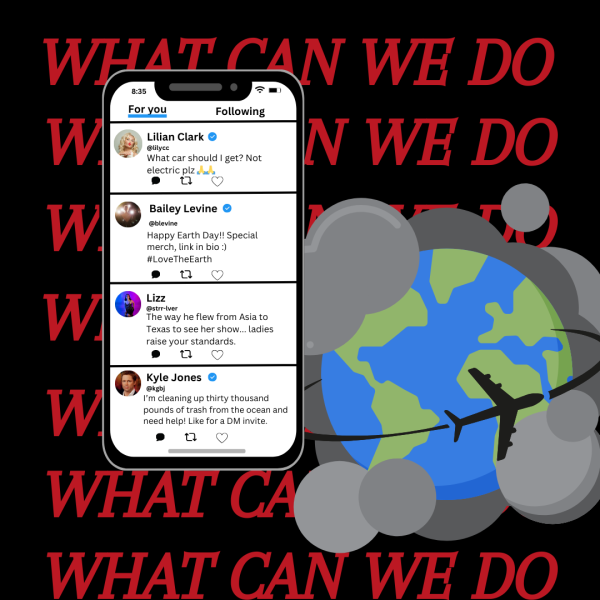The Power of Good
How Americans Should Respond to Ebola
October 17, 2014
In the Bible there are stories of plagues, pestilence, and famine- but for the people of West Africa, this is an everyday reality. Throughout history, mankind has been attacked by disease. Viruses and bacteria have always preyed upon man. Untold millions have died due to the diseases that they bring. However, in the midst of all this suffering, incredible acts of kindness are demonstrated by those who risk their own life to help those who are sick.
Ebola is the latest virus to cause death and despair. Even though it is found on a continent half a world away, many people have volunteered to go to Liberia and help fight this disease. Ebola is a deadly hemorrhagic virus. According to CNN, it is the “deadliest outbreak in history,” and at least 2,400 have died in Guinea, Sierra Leone, and Liberia. New cases are increasing exponentially.
On the domestic front, President Obama announced on September 16, 2014 a major increase in United States response to the Ebola outbreak in West Africa, CNN reports. The United States will be sending troops, material to build field hospitals, additional health care workers, community care kits, and badly needed medical supplies. Even though the President Obama’s primary concern is the United States, it is a humanitarian concern and a matter of ethics and human rights. The right decision was made regarding the help and supplies sent to West Africa.
Sending supplies to West Africa was a no-brainer. There is a phrase- “Act locally, think globally.” We shouldn’t think world issues are just someone else’s problem, but that it’s a problem for all of us. If everyone tries to help, then the burden is much smaller and the problem can be eliminated. It’s only through collective effort by everyone in the world that problems such as disease, hunger, poverty, and war can be eradicated. Not only should we care of the welfare of those in need, but also the less concern we have, the higher the risk of Ebola spreading to the rest of the world. If none take action to try and stop this outbreak, the virus will spread and people will be in the path of its destruction. Americans are absorbed in their daily lives and have a tendency to be selfish, but we should care about the affairs and needs of those around the world.
Although we may feel helpless, there are those who have helped already. There are many organizations and charities that are helping out amidst the crisis such as Doctors without Borders, Samaritan’s Purse, and more. There is currently only one shipping company left, Direct Relief, that is willing to face the risk of contamination. These courageous people risk their lives to save others. A French doctor belonging to Doctors without Borders recently contracted the deadly disease while working in Liberia. More than 240 health workers have been infected, including some of Sierra Leone’s top doctors and four United States workers, reports NBC News. According to NBC, Franklin Graham, head of Samaritan’s Purse, suggests a new strategy of setting up stand-alone isolation units, and he calls for protective gear to be distributed directly to families caring for victims.
For us, being courageous means random acts of kindness. Even though Ebola is a world away, we can do good, perhaps on a smaller scale, in our own backyard. Taking the time out of our lives to focus on someone other than ourselves embodies the same spirit of those risking their own lives to save another.
Even in the worst of times, there are people who have the courage and selflessness to put themselves at risk of contracting Ebola to help, knowing that every person they save is one less person the disease did not conquer. Although Ebola brings death, destruction, and disease, among the despair there is good being done by people willing to risk their lives to save those who are infected. In the words of Dalai Lama XIV, “There is a saying in Tibetan, ‘Tragedy should be utilized as a source of strength.’ No matter what sort of difficulties, how painful experience is, if we lose our hope, that’s our real disaster.”



